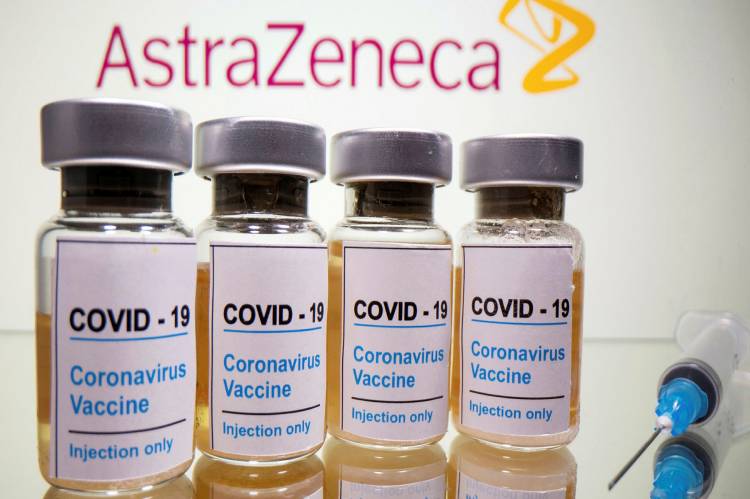NEWS
Why have some countries suspended the AstraZeneca vaccine?

Why have a few nations in Europe put on hold the utilisation of the AstraZeneca jab, quoting fears of blood clots, despite the regulator of top European Union affirms that there is no proof of a connection and demands that the vaccinations should continue?
France, Italy, Germany, and quite a few other countries declare that they need time to decide if the AstraZeneca jab is in any way responsible for unusual occurrences of bizarre blood clots.
Be that as it may, they have confronted difficulties over the shrewdness of suspending inoculation with AstraZeneca vaccine, a vital part of nationwide vaccination campaigns as the endemic affect the world.
European Medicines Agency (EMA), Chief Emer Cooke, on Tuesday, stated, “We are still firmly convinced that the benefits of the AstraZeneca vaccine in preventing Covid-19 with its associated risk of hospitalisation and death outweigh the risk of these side effects.”
The World Health Organization (WHO) and AstraZeneca have also announced that the vaccine is completely safe.
However, a week ago, Denmark was the first to disclose it was suspending the vaccine over blood clot concerns, although it emphasised that it was a precautionary measure.
The Paul-Ehrlich Medical Institute, who gives advice to the German Government, on Monday, stated that more investigations were required due to “new reports of thromboses of the cerebral veins in connection with the vaccination in Germany and Europe”.
The infectious disease specialist, Odile Launay, of the Covid Vaccines Committee created by the French Government stated that cerebral venous thrombosis is the formation of clots in veins in the brain that can cause strokes are both “much rarer than classic thromboses” and also possibly more serious.
Jens Spahn, German Health Minister, disclosed that seven cases of cerebral venous thrombosis had been seen out of more than 1.6 million injections.
He stated that the risk was therefore “very low” and further said it would be above average if affirmed to be related to the vaccine.
In spite of the little number, it is the rare type of thromboembolic incidents that appears to have caused the concern.
Nevertheless, for now, the European Medicines Agency (EMA) has not been convinced.
Cooke of EMA said, “At present, there is no indication that vaccination has caused these conditions.”
Meanwhile, Cooke disclosed that the regulator was “looking at adverse events associated with all vaccines” and she hoped to announce its results on Thursday.































